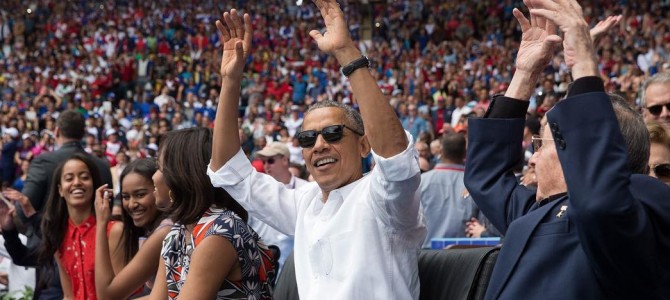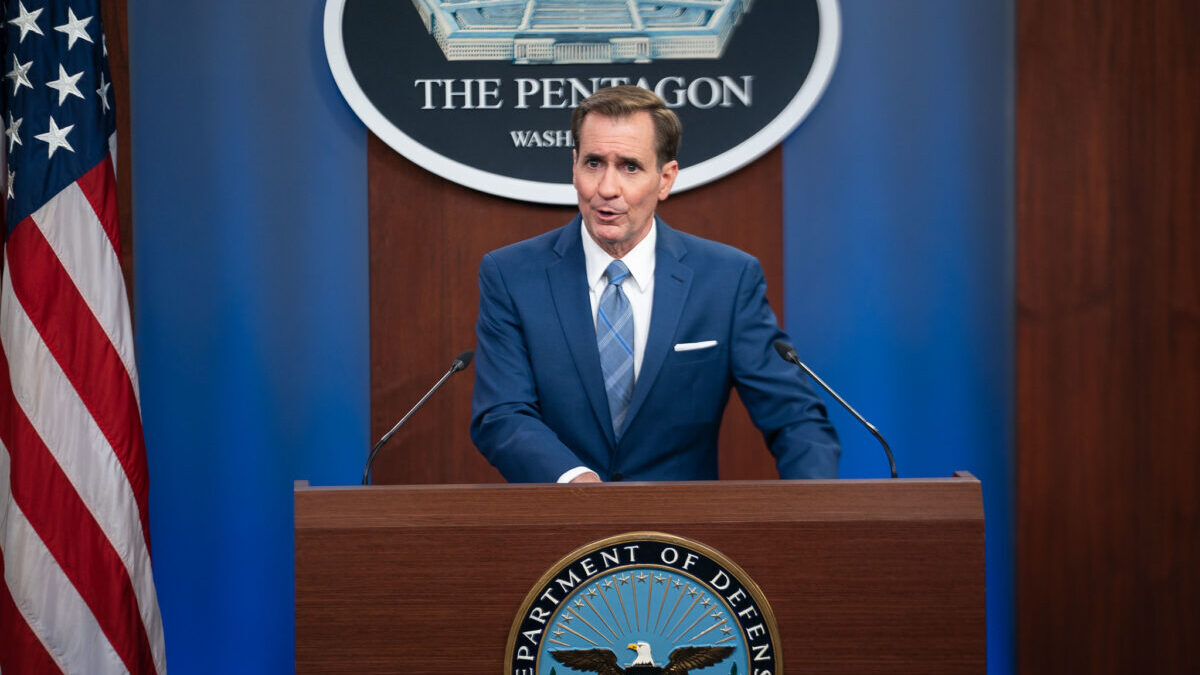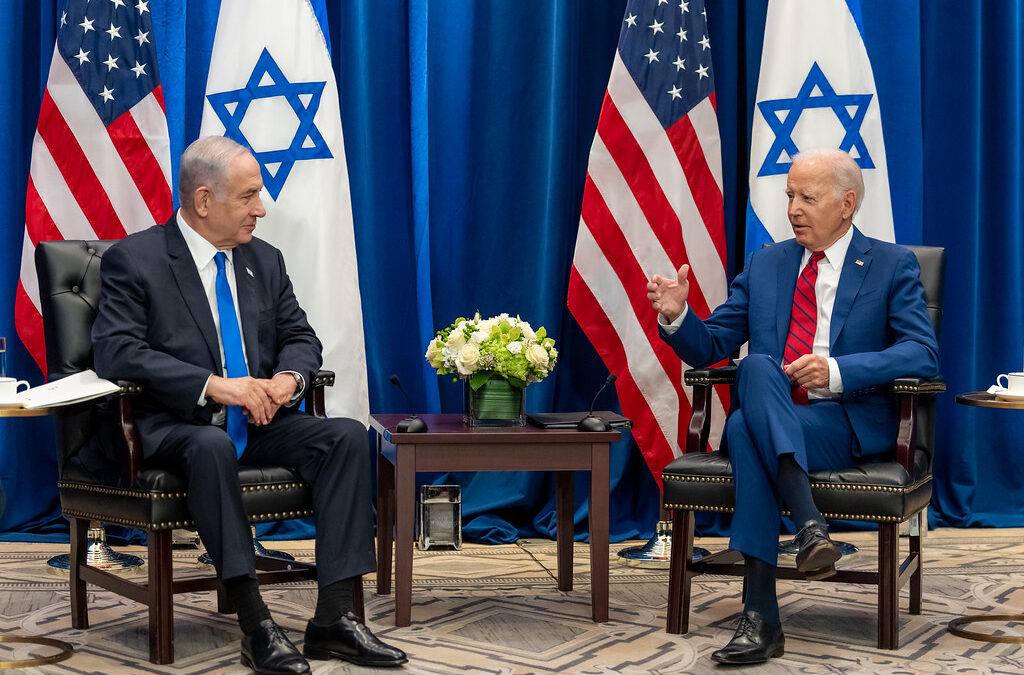
Last week, the congress of the Cuban Communist Party convened to elect party leaders and shape economic policy. The Obama administration and many of its supporters expressed hope that this gathering, coming on the heels of the recent diplomatic thaw with the United States, would mark a new beginning for the isolated island nation. But the party bosses made clear that things won’t be changing any time soon.
When President Obama made his historic visit to Cuba last month, he was criticized for once again giving legitimacy to a repressive government and getting nothing in return. Cuba’s human rights record and economic privation are considered unacceptable by many to merit the U.S. offer of diplomatic relations.
But supporters of the détente hoped diplomacy would encourage more openness toward the United States and free markets, especially because Raul Castro has appeared more amenable to reform and change than his older brother, Fidel. What’s more, the younger generation within the Cuban political class seemed poised to take the helm and move the country toward friendlier relations with the United States and more economic freedom. But it now seems Obama’s visit itself is causing Cuba’s leaders to double down on their authoritarian ways.
Party Like It’s 1959
Not only was Raul Castro re-elected the party head, a predictable outcome, but party hardliner José Ramón Machado was re-elected as his second-in-command. Most surprising was the unanticipated appearance of Fidel Castro, which reinforced this affirmation of the island’s commitment to communism. The father of the Cuban Revolution told the 1,000 delegates who had gathered that the legacy of Cuban communism would live on. The congress wants the United States to know that the old communist guard is still in charge.
Meanwhile, in his opening remarks, Raul, the so-called “reformer,” called the United States Cuba’s enemy, saying it still wants to rid the country of communism. Even if it has changed its tactics, Raul proclaimed, America’s goal is unchanged—a not-so-veiled reference to Obama’s diplomatic overture.
The economic message was perhaps most disappointing. At the time of Obama’s visit, the hope had been that the communist congress, which only meets once every five years, would produce significant economic policy changes. But there were none by the close of the four-day gathering. This is a setback for U.S. companies hoping to expand on the island, but an even graver disappointment for the Cuban people, who will suffer the most. It turns out that this may be due in large part to Obama’s visit and the Cuban peoples’ excited reception.
The Obama Effect: Suffering
According to Ted Henken, an expert on Cuba, the show of power and solidarity at the congress was a reaction to the enthusiasm with which the Cuban people received Obama. He calls it the “Obama effect,” and says it’s to blame for the regime doubling down on its communist message. The Cuban people’s zeal for Obama expressed their desire for personal and economic freedom, something that shook up the regime. If there’s one thing an authoritarian hates, it’s seeing his people cheering for another leader.
There were early indications in the weeks after Obama’s visit that change was not in the cards despite his administration’s hope of it. The official Cuban press called the United States’s new policy a Trojan horse meant to overthrow the regime. Fidel Castro even wrote a scathing op-ed titled “Brother Obama.”
The cool reaction from the Cuban powers-that-be is the result of the Obama administration’s unwillingness to allow diplomacy to unfold slowly. Like so many times before, Obama is more concerned with the idea of making history than with how history actually plays out. He didn’t want to pass up on this momentous trip to Havana even if it was too soon after the diplomatic thaw. He’s like a car salesman whose pushy tactics scare potential buyers.
This kind of diplomatic behavior is typical of his presidency. Obama was so eager to sign a nuclear deal with Iran that he accepted a shoddy agreement that is already proving itself unenforceable and weak. It also risks throwing an already turbulent Middle East into an arms race.
Obsessed with Legacy, Oblivious to Impressions
So, why does our president act this way? Because he enjoys the fanfare of making large gestures—and the headlines they produce.
It’s not Obama’s fault that Cuba is a dictatorship. But it is his responsibility as president to think carefully about how his actions and attitudes influence world leaders and the decisions they make at home and abroad. A truly great leader would understand that weighty burden and act accordingly.
But Obama treats his role as president flippantly. He displayed his arrogance and carelessness when he declined to march in Paris with other world leaders after the Charlie Hebdo massacre in early 2015. He broadcast a similar message when he failed to attend the funerals of Supreme Court Justice Antonin Scalia and Nancy Reagan. And how many times has he been found on vacation or playing golf during a major domestic or international crisis? He consistently underestimates the message that his own actions send to the United States and to the world, and the long-term damage they can do.
Obama’s trip to Cuba has done more harm than good, at least for now. What some have called one of the principal achievements of the trip, speaking directly to the Cuban people, seems to have hurt them. Let’s hope that the negative effect his visit had on Cuban leaders is short-lived, and that our next president has a better sense of the influence this office holds, and how it affects the lives of millions of people throughout the world.









